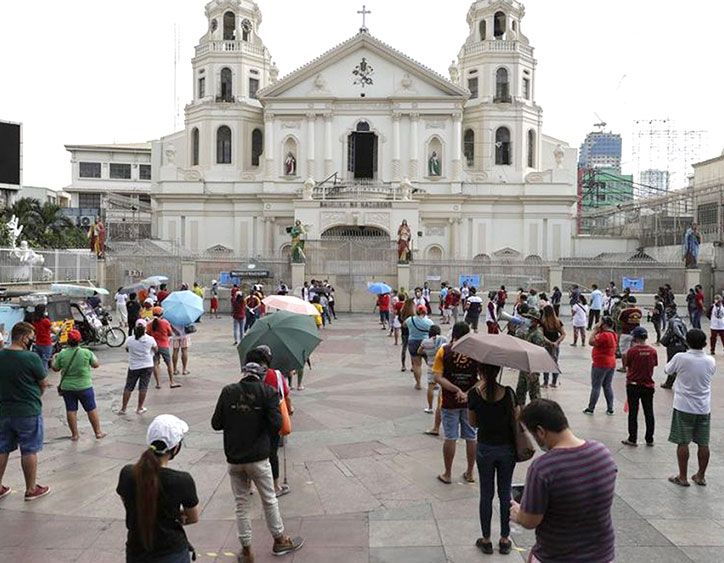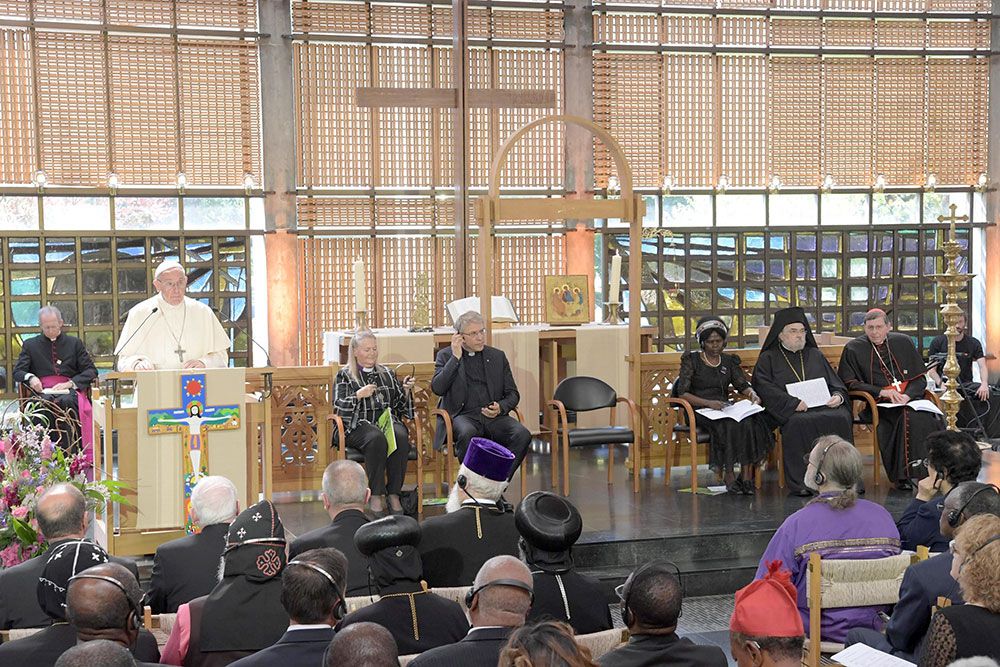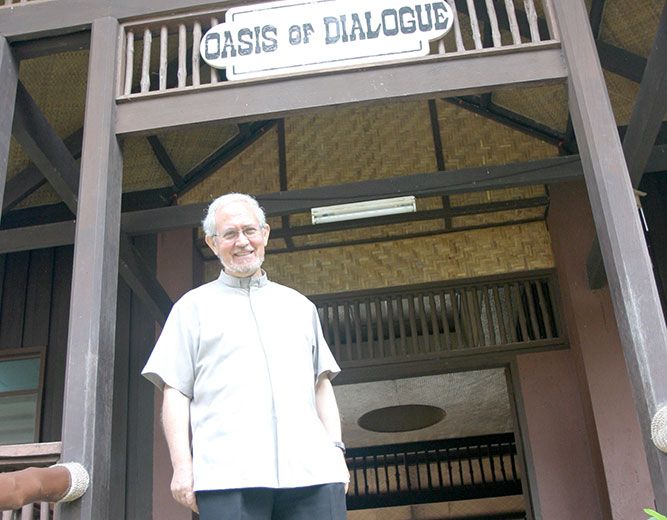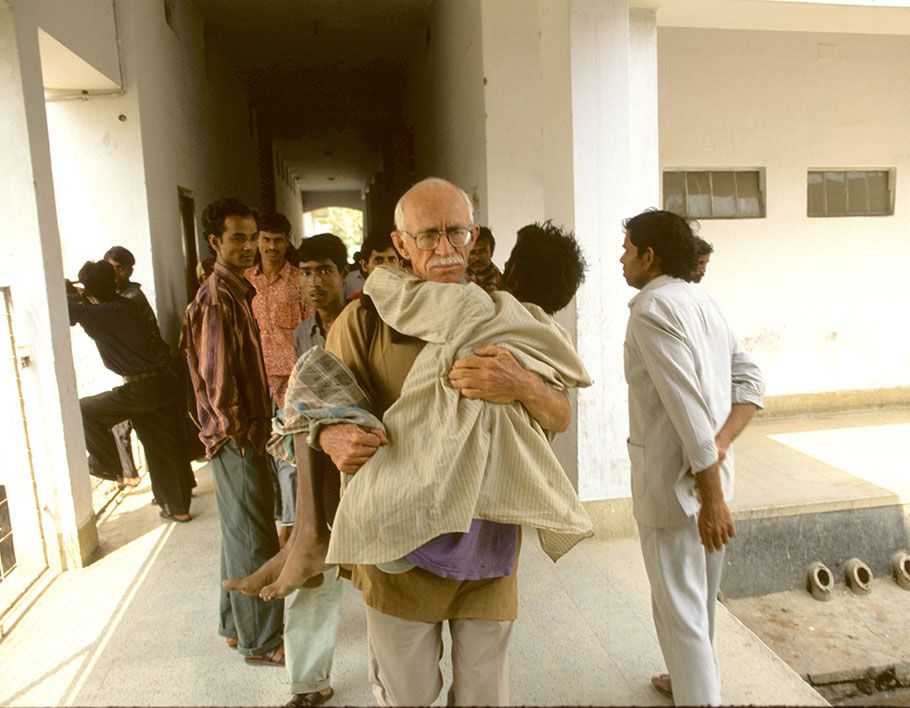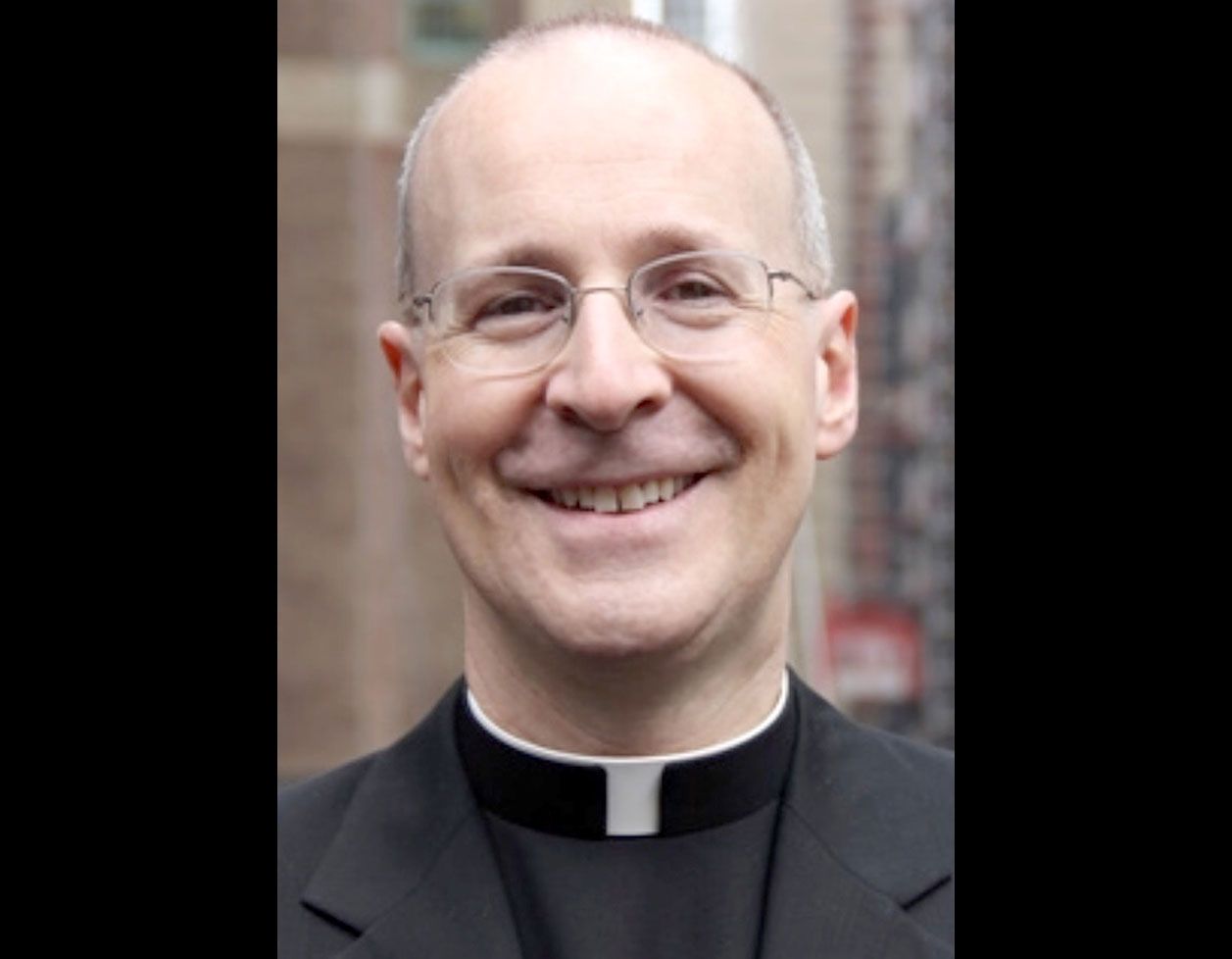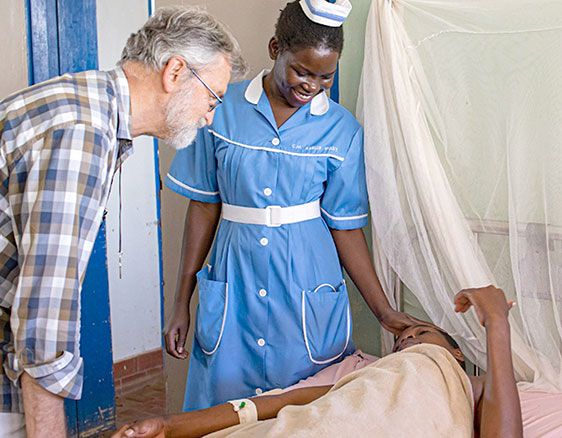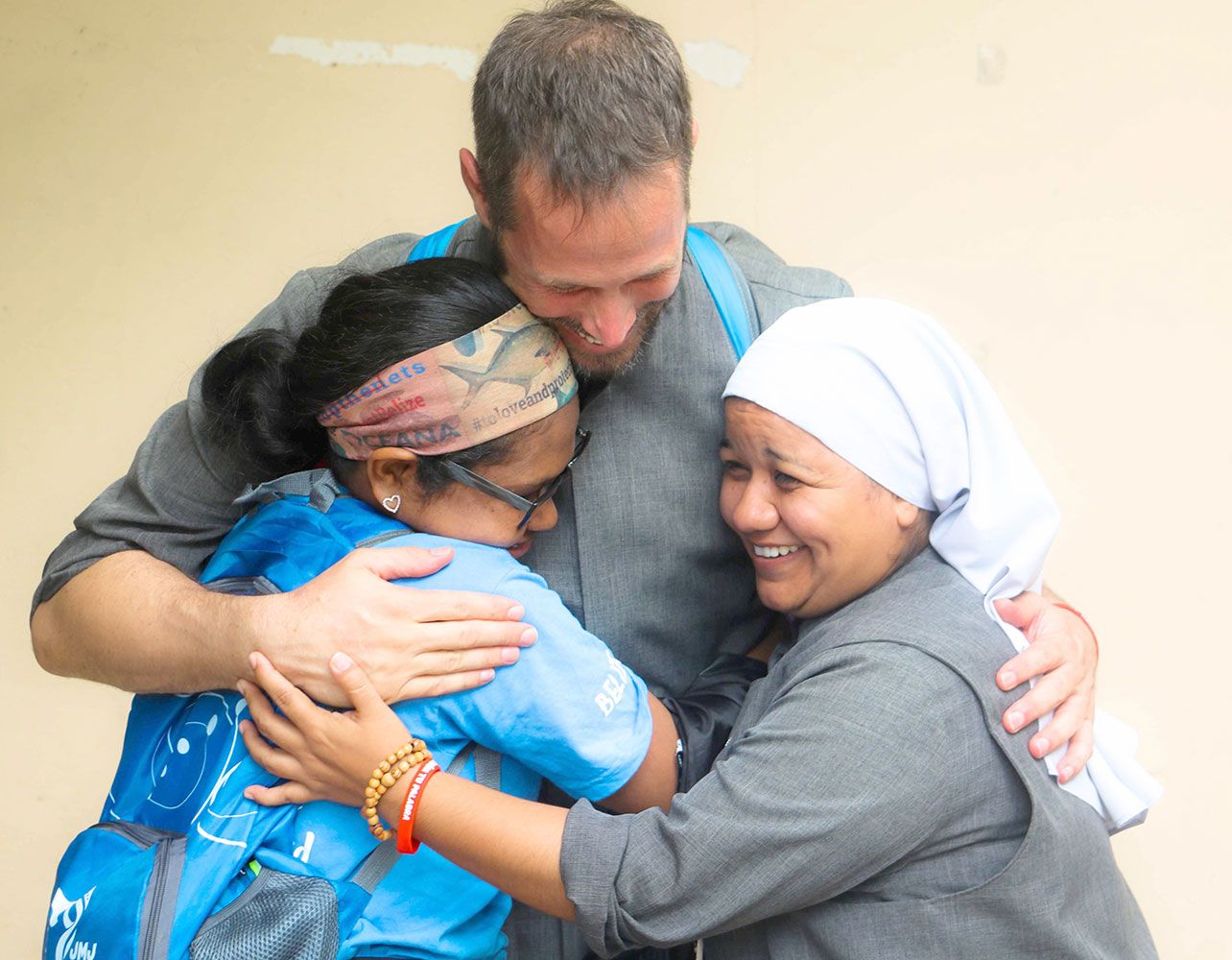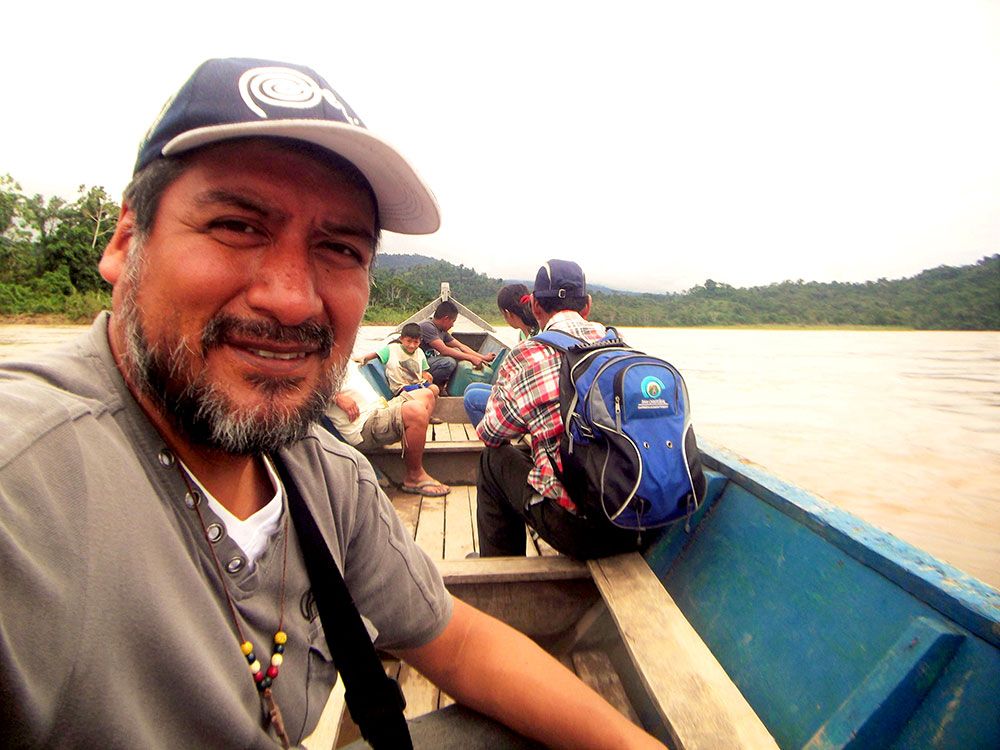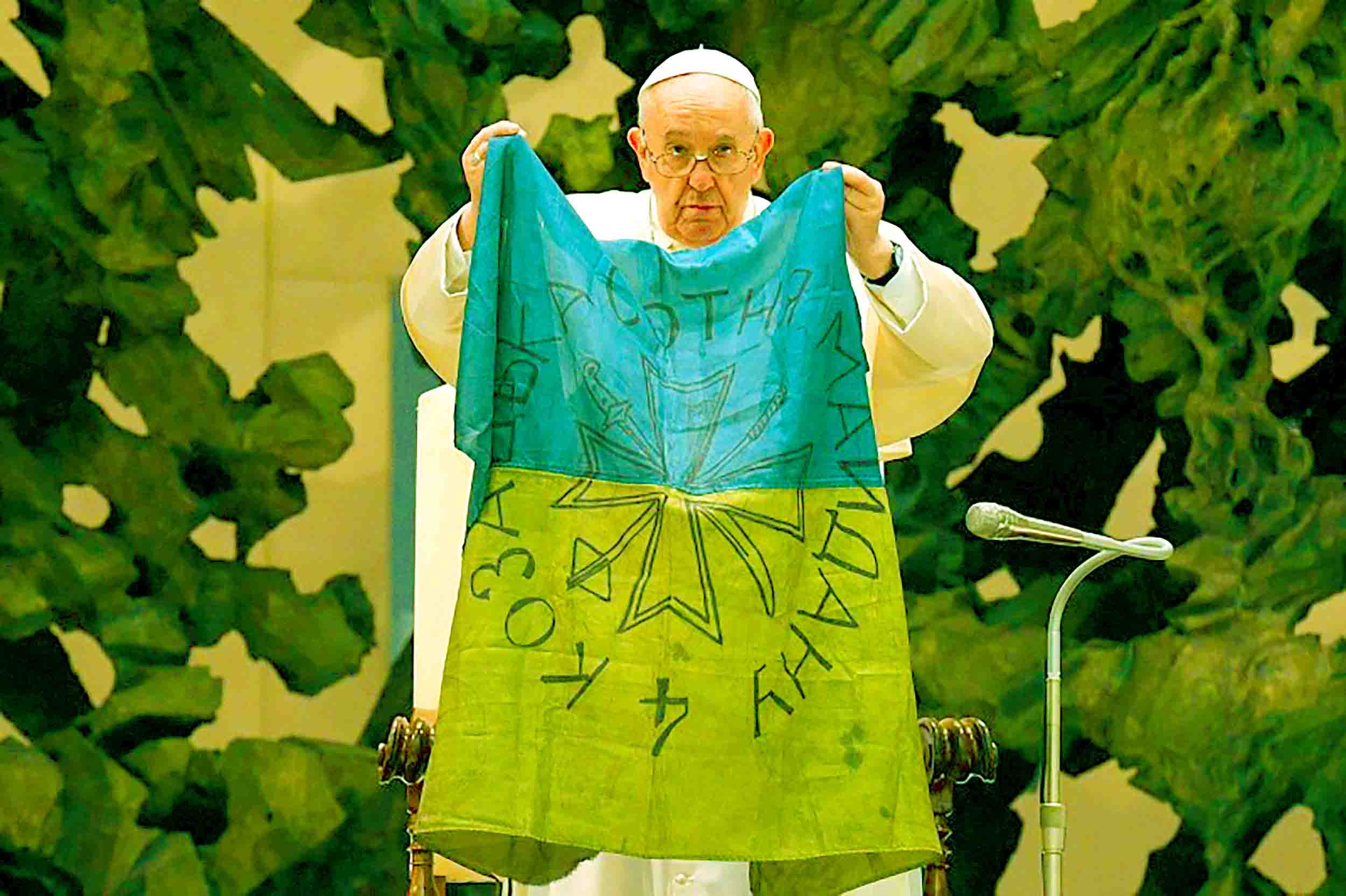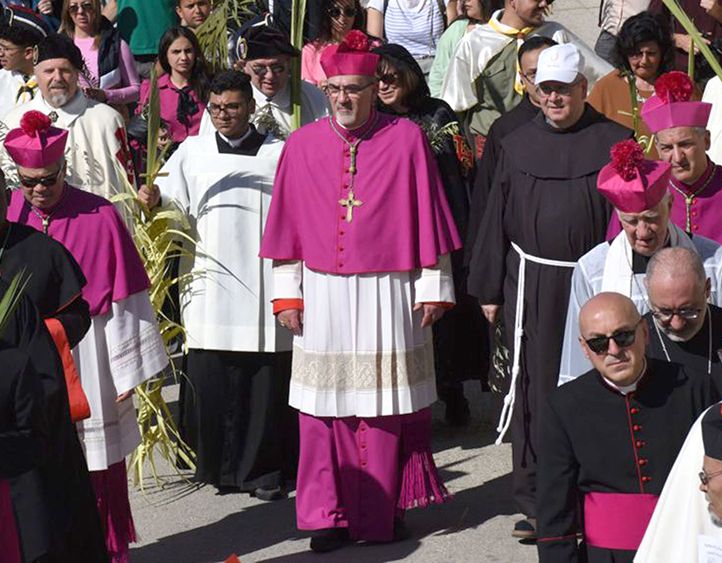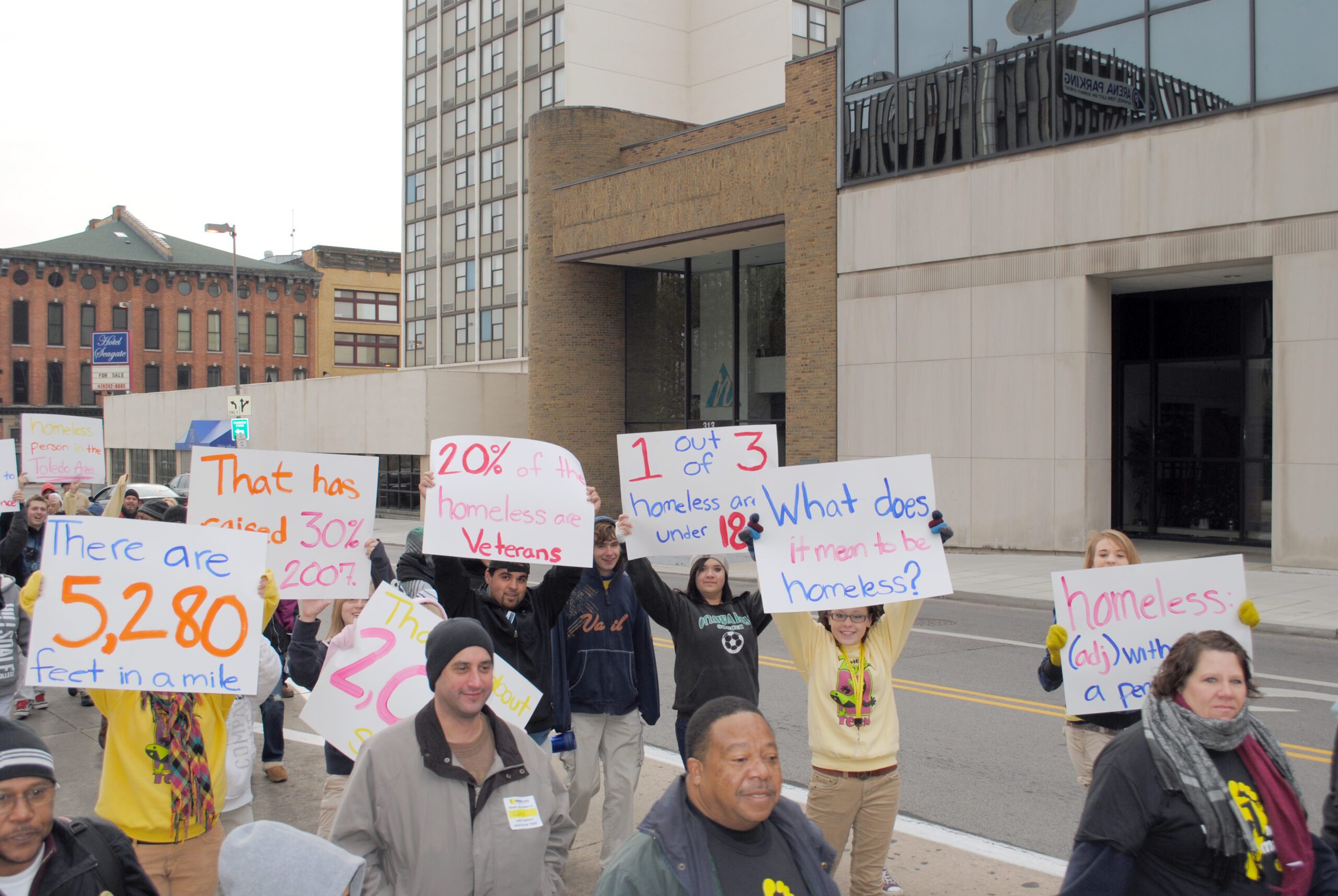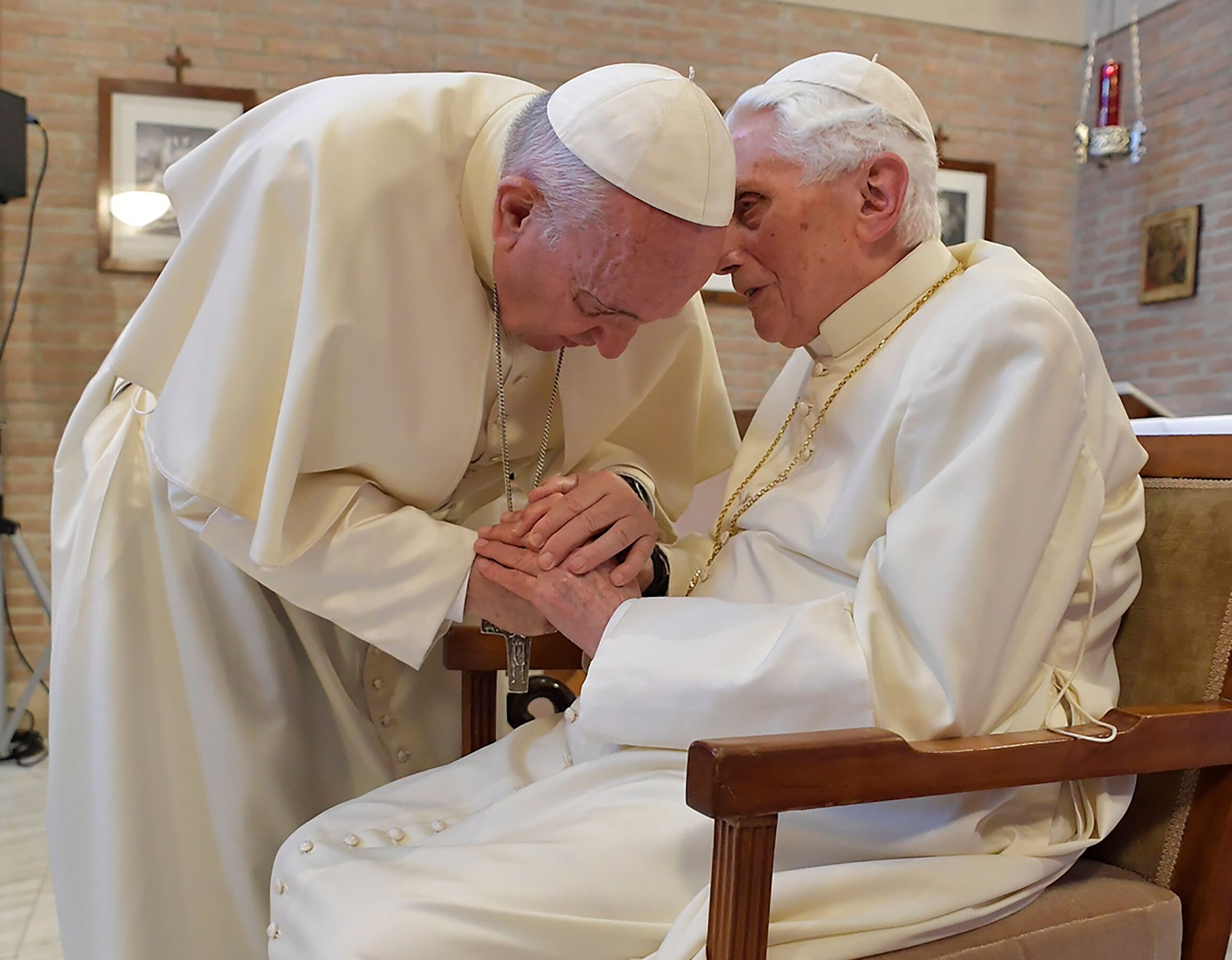People often think of prophets to be so message-focused as to grow indifferent to the listeners’ feelings. Great philosophers and teachers are usually presented as persons who were above emotions. If so, this Rabbi from Nazareth was different. He delved deep into the hearts of those with whom He interacted. He entered into their world of emotions as He spoke. When He saw Mary weeping for the loss of her brother Lazarus and all the people with her, “His heart was touched, and He was deeply moved.” As He drew closer to the tomb He broke down: “Jesus wept.” (Jn 11: 33–35)
He was a prophet; but it was not a prophetic pose that characterised Him most of all, but a ‘human touch.’ He had a ‘personal’ tone in speaking to individuals, such as the Samaritan woman, the woman taken in adultery; the Syro-Phoenician woman, Martha and Mary, Nathaniel, Zacchaeus in his guilt feelings, Thomas in his unyielding stubbornness.
His sympathy for those in pain stood out. He was anxious about the people who had forgotten their hunger, listening to Him for three days: “I feel sorry for these people, because they have been with me for three days, and now have nothing to eat.” (Mk 8: 2) He was not able to control Himself thinking of the eventual destruction of Jerusalem. “He came closer to the city, and when He saw it, He wept over it.” (Lk 19: 41)
Suffering Overtakes Us
The anxieties that surrounded Jerusalem and uncertainties that the coronavirus has imposed on the world today have similarities for the perceptive. We hear of thousands of people dead and dying, doctors and nurses collapsing, priests and religious departing; the aged abandoned, the poor forgotten; medical personnel exhausted, millions affected, with alarmist warnings for worse things to come. We suffer with the suffering.
We cry out with the psalmist, “Why have you abandoned us like this, O God? Will you be angry with your own people for ever?” (Ps 74: 1) We plead, “Wake up, Lord! Why are you asleep? Don’t reject us forever! … Don’t forget our suffering and trouble!” (Ps 44: 23) Even ardent believers are shaken. “In times of trouble I pray to the Lord; all night long I lift my hands in prayer, but I cannot find comfort.” (Ps 77: 2) “Has he stopped loving us? Does his promise no longer stand, has anger taken the place of his compassion?” (Ps 77: 8–9)
Society Unprepared
The prayers we have quoted above belong to an era when faith guided the search for answers—but today most people in society feel, “None of us knows what is going to happen, and there is no-one to tell us.” (Ecc 8: 7) Self-interest guides global discussions. Health compulsions point in one direction, and economic and political interests in another. Radical secularization trends are confronted by radical ‘fundamentalism.’ Aggressive nationalism stands facing exaggerated styles of globalisation. Self-importance claims (national—“my country first”—cultural, sectarian) keep society partisan. At the same time, an erratic intermixture of cultures leads to an obscuring of identities, erosion of value systems, questioning of beliefs and traditions, disorientation of the masses, and the pain of insecurity. Thus, the coronavirus has caught us unprepared, distracted by concerns and conflicts of diverse nature, and blinded by proposals of half-truths.
Believing Community Unprepared
When hard truths stare at us, we need not be embarrassed to admit that. Were we not for a while lost as a Catholic community in merciless internal criticisms, proving ourselves victims of the same anger-virus that was harassing the wider society? Did we not over-concentrate on matters on which we differed than agreed?
Meantime did we forget what the core of the Gospel message is: mutual concern, outgoing love, unbounded generosity, a capacity to forgive seventy times seven times, ability for measureless sacrifice? Yes, we need to set out on a journey of self-evaluation in an age when even ardent believers are losing their faith and religious teachers themselves are shaken… and people have become “Worried and helpless.” (Mt 9: 35) Similarly, in our pastoral care, are we able to enter into the world of a weak and failing person, to sympathize, help, and heal, as Pope Francis suggests? Or are we eager to thrust readymade, pedantic and facile answers on people…?
Social Distancing
People caught unprepared usually have readymade solutions. Some insensitive statements of world leaders have been quoted. The media finds it hard to move away from their favourite themes: film stars, sports heroes, political bosses, suicide bombs etc… Politicians want a speedy return to ‘business as usual.’ All are right, but health experts have only one merciless formula: ensure ‘social distancing.’
Christians are confused. They have always been taught to value togetherness: family, community, neighbourhood. They have never been taught that ‘social distancing’ was strength. What is really asked is not social distancing, but physical distancing. Human beings are social, and need to remain ‘social.’ Interactions through phone calls, digital communications, and video chats are still possible. Love manifests itself in many ways. Jesus merely looked at Peter, but it meant everything. (Lk 22: 51) The weak and the aged must not be made to feel neglected. Humans need human affection which alone has the healing power.
Forgotten Values
The so-called ‘social distancing’, however, has brought some unintended blessing: it reminds the world of certain forgotten values. You are invited to remember, e.g. that ‘withdrawal’ was always a positive value in Christian tradition. Moses withdrew to the mountain to pray. So did Jesus; He was familiar with quiet places like the desert. Monks withdrew to the mountains, hermits into caves, contemplatives into forests. They believed that solitude deepens a person and meditation keeps one close to God.
Christians withdraw for a retreat, recollection, pilgrimages. People of other faiths too have similar traditions. In Christian understanding, the energies one gathers in solitude are not merely self-oriented, they are to be brought to the benefit of humanity as a whole. The isolation that the coronavirus has imposed on us has made us “think.” It has compelled us to sit back and evaluate our day-to-day life, and notice some of our superficialities: quick profits, over concern for appearance etc…
However, the calamity has stimulated a quick change in attitudes: there has been an outburst of generosity from the most unexpected quarters: millions of masks from China, $5 trillion from G20, donations from multi-millionaires, contributions from film stars. All of a sudden, we realize we can be generous, helpful, and reach out in collaboration.
Some look deeper. They see in the unexpected arrival of the pandemic an indictment of our civilization, a re-assessment of our relationship with nature. Are other species calling for attention and claiming back lost space in a subtle manner? Is the need for social distancing a condemnation of our disorderly nearness? We need to think. History is shaped not only through trade wars and nuclear experiments, but in the brain-cells of responsible citizens and prayer-cells in contemplative houses.
God’s Word Has Power
What Catholic believers miss most of all in social distancing is Liturgy, especially the Eucharist celebrated in community. Worship together is central to Christianity. Jesus had assured, “Where two or three come together in my name, I am there with them.” (Mt 18: 20)
With social distancing imposed, we shall miss the joy of coming together into the Presence of Jesus in the Eucharist as a community.
However, our faith tells us that Jesus is present in His Word, to give us inspiration and strength. For generations, Catholics in Communist countries gathered around God’s Word and stood firm in their faith. In mission territories with vast areas, the faithful would have the Eucharist only a few times a year. Their spirituality was nourished greatly on the Word of God proclaimed and explained by lay leaders.
Co-Suffering Has Power
Even if we have not been victims ourselves, we can readily suffer with those who suffer. During social distancing we have the unique privilege of taking the suffering of the rest of humanity upon ourselves as Jesus did at Gethsemane. We weep, not primarily over our anxiety and fear, but over the pain of the world. Lamentation has always been a part of the prophetic ministry, especially when we feel totally helpless before an evil or a tragedy that is too much for us to handle. The Church has lamented the victims of millions of abortions, euthanasia, violence in every form, moral distortions of every type; and today the coronavirus!
We ought to give special recognition to doctors, nurses, medical personnel, people attending to essential services, and a huge number of volunteers who risk their lives and reach out to help others. Several of them have died. In their regard, Pope Francis’ words take on intense meaning, “Life grows by being given away… Indeed, those who enjoy life most are those who leave security on the shore and become excited by the mission of communicating life to others.” (Evangelii Gaudium, 10)

